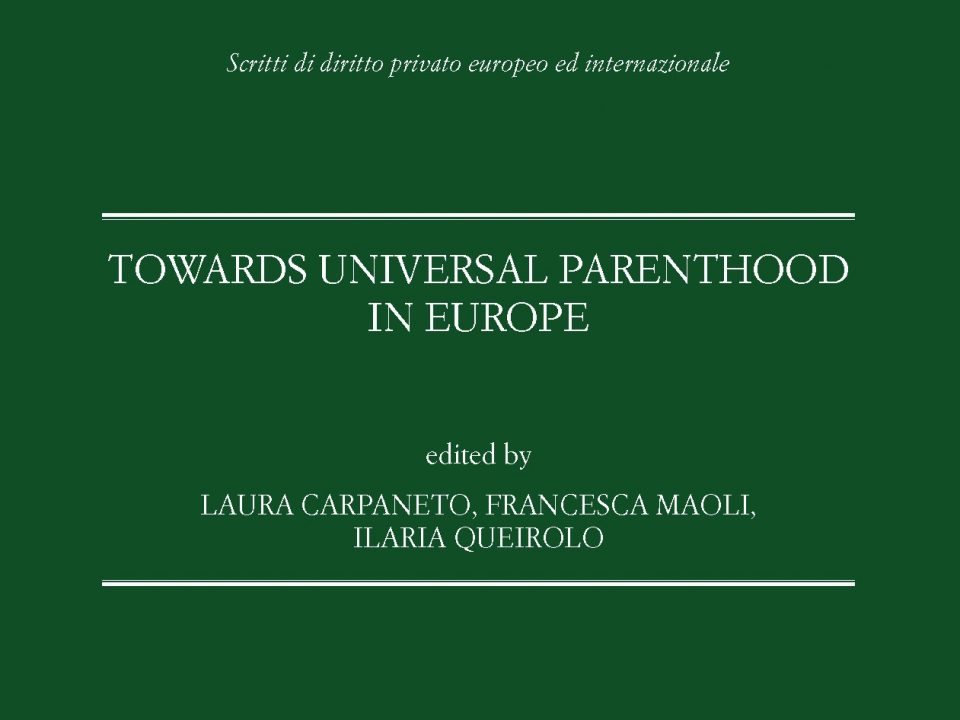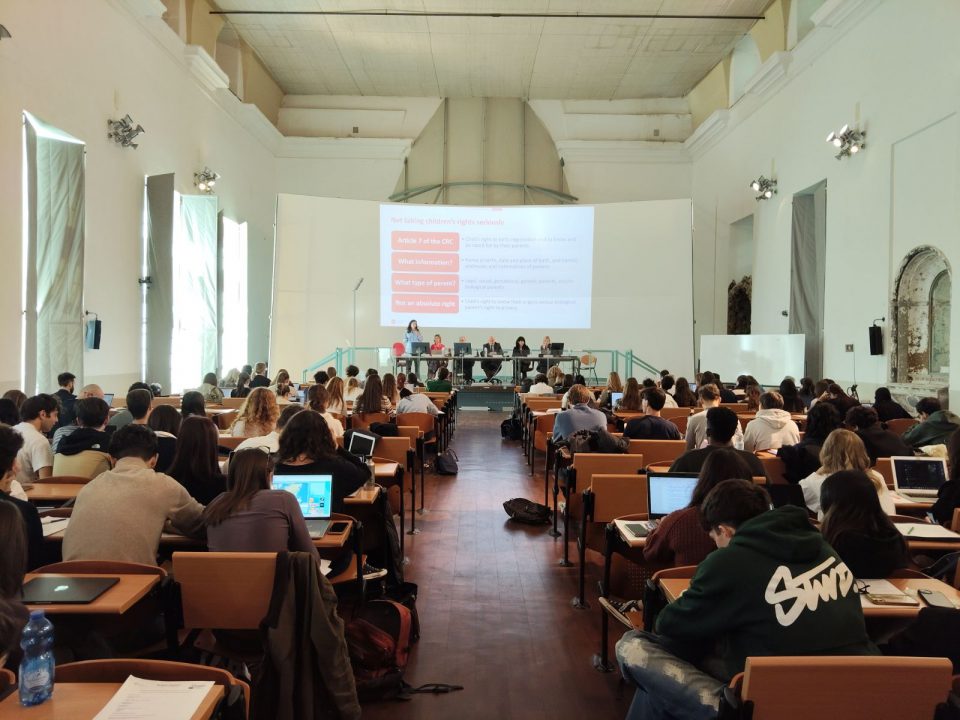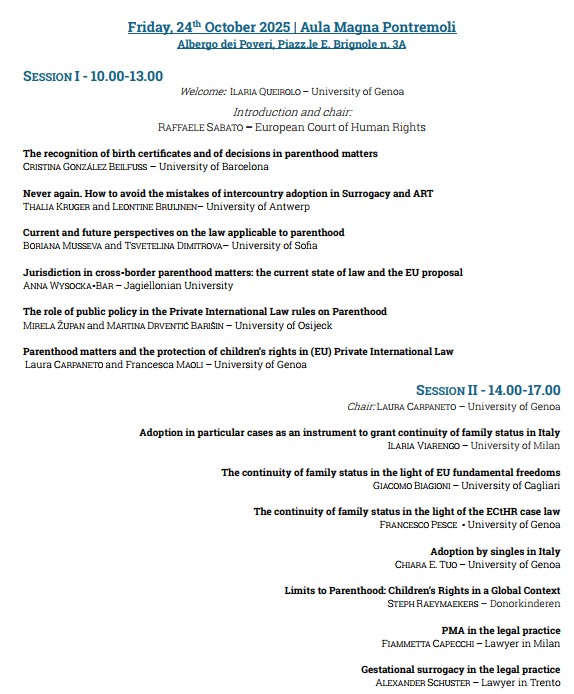By: Francesca Maoli, UNIGE
On July 14th, 2025 the UN Special Rapporteur on violence against women and girls has released a Report, in accordance with the General Assembly resolution 79/152 of 17th December 2024, which examines the different manifestations of violence against women and girls in the context of surrogacy.
The Report – which has been presented by the Secretary General to the General Assembly in view of its Eightieth session in October 2025 – focuses on the drivers of the practice and on the human rights implications for the females involved. It notes that the global surrogacy industry is expanding rapidly, with a projected market of nearly $100 billion by 2033 and with a significant and growing proportion of arrangements involving cross-border dynamics.
The Special Rapporteur notes that surrogacy entails the direct and exploitative use of a woman’s bodily and reproductive functions for the benefit of others, often resulting in long-lasting harm and in exploitative circumstances and in a reinforcement of sexist stereotypes and commodification of female bodies. In this context, violence against women and girls may assume many forms, such as economic violence (being surrogate mothers particularly vulnerable to exploitation, especially considering that the majority of them results to be from more impoverished backgrounds), psychological violence, physical and/or reproductive violence, slavery and trafficking.
Another section of the report focuses on the impacts of surrogacy on children, highlighting that lack of safeguards in assessing commissioning parents raises risks of trafficking, abandonment, and abuse. Moreover, issues of statelessness and identity loss are frequent in cross-border cases.
In conclusion, the UN Special Rapporteur’s recommendations are in the sense that surrogacy, especially commercial, often undermines women’s dignity and rights. Therefore, States and other relevant stakeholders should take steps towards eradicating surrogacy in all its forms. Pending its abolition, States must take action to prevent further harm and strengthen the protection of the rights of women and children involved in surrogacy arrangements and work towards adopting an international legally binding instrument prohibiting all forms of surrogacy.



